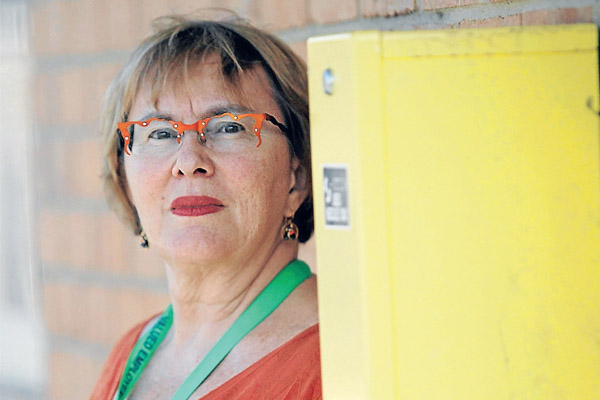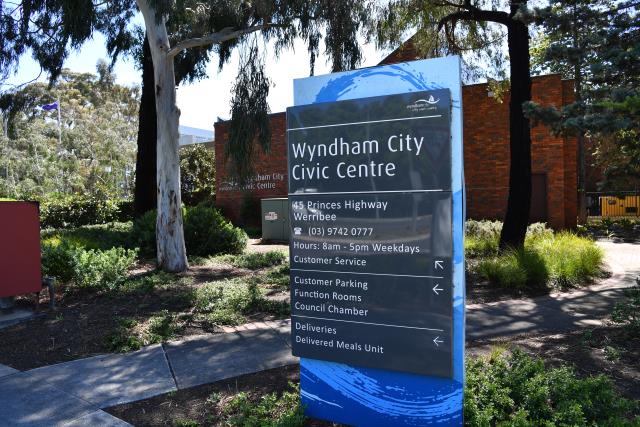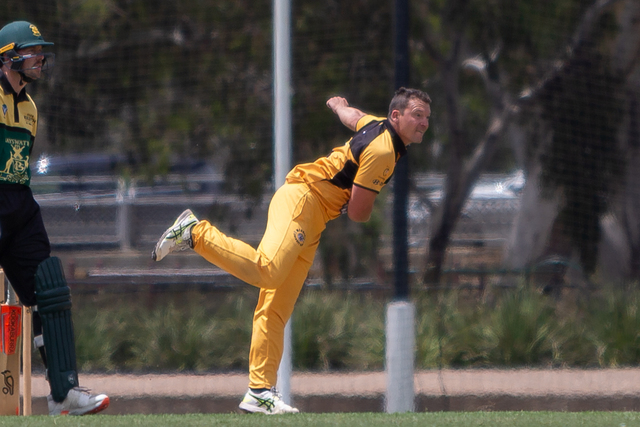WESTERN suburbs drug and alcohol experts have backed calls for greater focus on harm minimisation rather than law enforcement in tackling drug use.
A report by not-for-profit think-tank and independent research body Australia21 has argued that the tough-on-drugs policies have failed, putting control of drugs firmly in the hands of criminal elements.
The report concludes that low-level drug use should be decriminalised, with the large sums of money spent on law and order redirected to prevention and treatment services.
“Needle exchange programs, a medically supervised injecting centre, methadone maintenance programs and the de-penalisation of minor cannabis offences that was introduced in [two] states and both territories have all produced measurable
and demonstrable benefits,” the
report states.
Research by the Turning Point Alcohol and Drug Centre showed ambulances attended 123 heroin overdoses in Maribyrnong in 2009-10, a 16percent increase on the
previous year.
An Australian Institute of Criminology study showed that about four of every five detainees in Footscray police station during 2009-10 tested positive to a drug, and almost one in two was a heroin user.
Western Region Health Centre’s Health Works in Footscray provides primary health care services, including needle exchange, for injecting
drug users.
Health Works program manager Bernadette Suter said: “We still believe the harm reduction is an important and effective part of public health policy.”
Isis Primary Care addiction programs manager Paul Gibbs said Australia was a world leader in harm minimisation in stark contrast to countries like the US, which had high rates of HIV/AIDS and hepatitis C transmission through unsterile needles.
But he said there needed to be more focus on early intervention.
“The approach Australia’s taken has been the three-pillared approach – supply, demand and harm reduction – and I think there are elements of that that have been very successful: the harm minimisation approach in particular. We’ve actually led the world in some respect in harm minimisation.
“It’s always difficult from a policy point of view as to which of those three elements you put a focus on, but much more focus needs to be placed on early intervention.”
Victoria Police Deputy Commissioner (Crime) Graham Ashton said in a statement that decriminalising drugs was a simplistic idea.
He said police worked with the health sector to provide diversion programs for drug users.
“It is important on some issues for a free society to say ‘no’. The destructive effects of illicit drugs on the lives of our families is one of those issues.”







